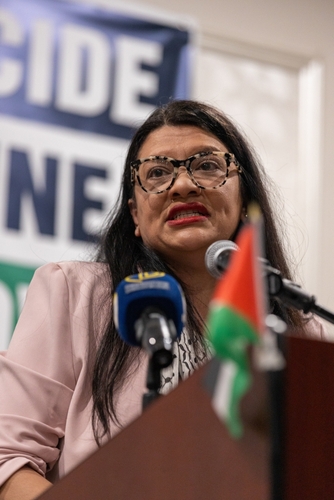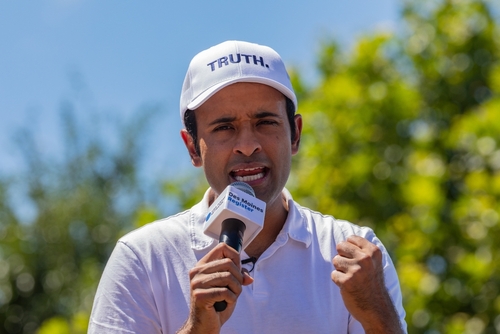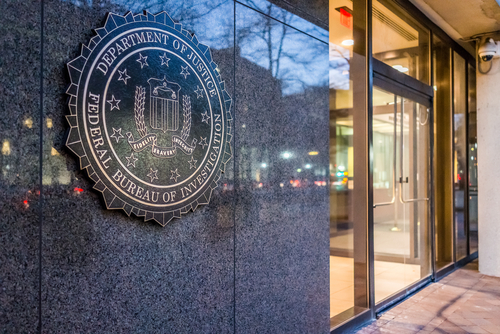Keir Starmer proposes a significant transformation of UK’s immigration policy, sparking debate across the nation.
At a Glance
- Starmer defends his plan against backlash from multiple sectors.
- Critics liken his rhetoric to divisive historical speeches.
- New migration policies include stringent language tests and visa regulations.
- The approach aims to curb small boat crossings and dismantle smuggling networks.
Starmer’s Plan for Immigration Overhaul
Prime Minister Keir Starmer aims to reform the UK’s immigration policy with stricter control over visas and border regulations. This proposal represents a departure from the previous open borders strategy, emphasizing settlement as a privilege. New regulations will affect work, family, and study visas, seeking to reduce net migration rates. The implementation includes a strategic crackdown on smuggling operations and an end to the utilization of hotels for asylum seekers.
In light of his announcement, critics have drawn parallels between Starmer’s rhetoric and that of Enoch Powell’s infamous “rivers of blood” speech. Despite the backlash, Starmer remains steadfast in his vision. “Every area of the immigration system — work, family, and study — will be tightened up so we have more control. We will create a system that is controlled, selective and fair,” he asserted.
Details of the Proposed Changes
Starmer’s proposal includes key features such as enhanced language requirements for migrants and a detailed 69-page immigration white paper outlining visa restrictions. Critics suggest these changes are aimed at counteracting the rise of rival political parties. Nevertheless, the projected outcome anticipates a reduction of 100,000 migrants entering the UK, contributing to restored public trust in immigration policies.
“Migrants make a massive contribution to the UK, and I would never denigrate that.” – Keir Starmer.
The measures introduced are not solely restrictive. Starmer has emphasized acknowledging valuable contributors by potentially fast-tracking their permanent residency. This blend of tightening and recognition aims to strike equilibrium in managing immigration.
Economic Implications and Public Response
The economic discourse surrounding these policies focuses on their impact on the labor market. Starmer argues current policies promote reliance on cheaper foreign labor rather than domestic talent. The proposed changes include higher skill requirements and longer pathways to citizenship, designed to encourage businesses to invest locally. The public response remains divided, with some sectors fearing economic repercussions and others welcoming renewed immigration control.
“Mark my words: I will take back control of our borders. That means cutting migration, ending the use of asylum hotels, and ramping up our efforts to stop small boat crossings.” – Keir Starmer.
Starmer’s commitment to tackling smuggling networks positions his plan as a multi-faceted approach, addressing both immediate and systemic challenges. His pledge to enforce migration laws aligns with a broader mission to reinforce the UK’s sovereignty.






